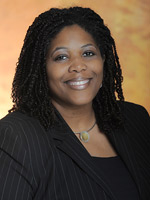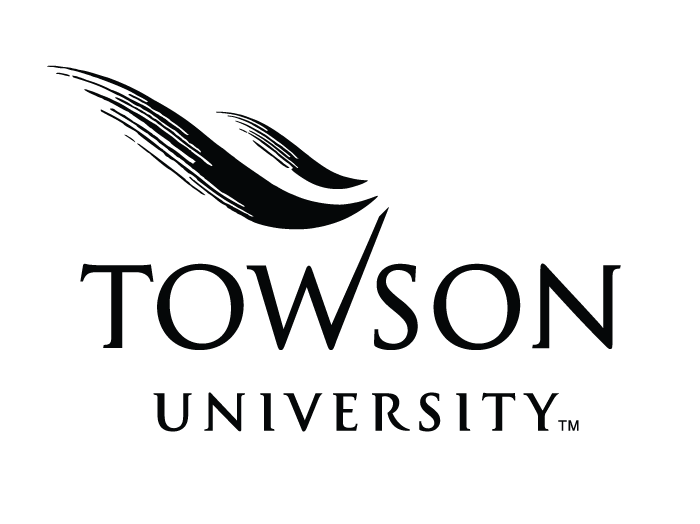Sharon Jones-Eversley, an assistant professor of family studies at Towson University, has been honored with the distinguished PRIDE Award by the National Institutes of Health.

Assistant professor Sharon Jones-Eversley, recipient of the National Institutes of Health PRIDE Award for health disparities research
PRIDE stands for Program to Increase Diversity Among Individuals Engaged in Health-Related Research. The two-year, all-expense-paid award gives junior faculty of color the opportunity for career advancement while also conducting potentially transformative research.
Jones-Eversley’s work focuses on cardiovascular health disparities in African-Americans, both individually and as a community. She recently finished her first summer of funded research at the State University of New York (SUNY) Downstate Medical Center in Brooklyn.
Jones-Eversley has intense motivation for this work.
“Professionally, I am very concerned with the alarming rates in which African-Americans are experiencing cardiovascular disease and succumbing to cardiovascular-related deaths,” she says. “African-Americans’ chronic stress, poor diets, physical inactivity, geographic locations (i.e., dense urban dwellings) and hypertension result in them dying from cardiovascular disease younger and sicker than any other racial or ethnic group in this country.
“Personally,” she continues, “my father and husband both died at the age of 40 from cardiovascular-related illnesses. My granddaughter will never have the opportunity to know her grandfather and great-grandfather due to their premature deaths.”
Jones-Eversley says 50 percent of the African-American community suffers from cardiovascular disease, despite making up about 13 percent of the national population. Those numbers comprise the highest prevalence of sub-population CVD in the world. Further, she says that where African-Americans live is a stronger predictor of their likelihood to suffer CVD than their genetic markers.
Jones-Eversley’s PRIDE-funded research has four main goals: to increase understanding of chronic inter-generational disease and its impact on African-American families; to develop personal, familial and inter-generational strategies to help the community get and stay healthy; to empower individuals and families to talk with their doctors about their inherited risks; and to strengthen curiosity and participation in African-American genetic and clinical studies.
Jones-Eversley says the regularity, financial strain and emotional pain involved in so many premature deaths and sick relatives are debilitating to the African-American community, but they’ve become the cultural norm. That translates to shortened life expectancy, leaving families deprived of valuable experiences between generations—like grandchildren knowing their grandparents—as compared to other racial or ethnic groups.
Her first summer of research at the SUNY – Downstate Medical Center in Brooklyn was “awesome,” and she calls the mentoring and consultation from NIH staff priceless. She plans to use this experience to enrich her students’ understanding.
“I am a strong believer in Aristotle’s quote, ‘to educate the mind without educating the heart is no education at all.’ My aim is … to transform our students into scholars equipped with the skills, passion and competence to change lives, policies and practices in the U.S. and globally.”
